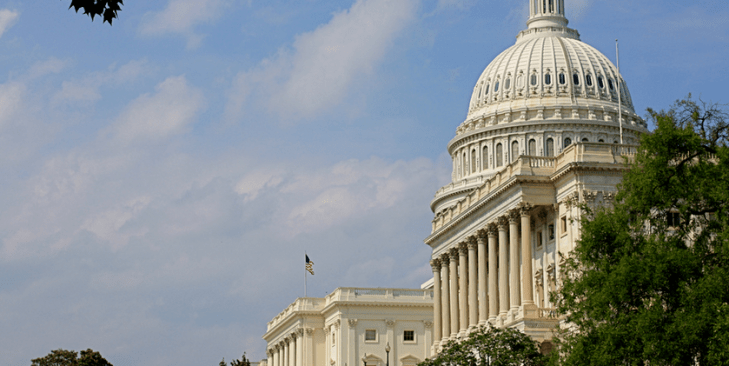On the heels of today’s ruling overturning net neutrality, Senator Al Franken aggressively condemned the decision, arguing that it would lead to an unleveling of the economic playing field, tilting the marketplace against small businesses that he represents.
Advocates for an open Internet have expressed open discontent with the ruling. TechCrunch’s own Greg Ferenstein wrote critically of both the decision, and Verizon’s pursuance of an end to the regulatory structure.
Some view the end of net neutrality as a sort of financial shakeup that could lead to great economic benefit. The American Enterprise Institute’s James Pethokoukis phrased that argument in the following way: “But at its core ‘net neutrality’ really is nothing more than an attempt at rent seeking by content providers who want the ISPs to pay the tab for future network upgrades.”
Senator Franken disagrees, making a different economic argument. His statement follows [bolding TechCrunch]:
Anyone who goes online to shop, promote their business, or simply to connect with the world should be worried about today’s opinion. I have been fighting to make sure the Internet is a level playing field for everyone—the website of a Minnesota small business should load as quickly as the website of a large corporation.
Getting rid of net neutrality is bad for consumers and the economy, plain and simple. And it’s a real risk to the Internet as we know it. Net neutrality is the common-sense idea that big corporations like Verizon, Comcast, and Time Warner shouldn’t control who gets to innovate, communicate, or start a business on the Internet. The FCC needs to respond immediately in a way that keeps the internet open to all of us, not just big corporate interests.
There isn’t excessive middle ground between the two perspectives.
If you are unsure which side of the debate you’re on, ask yourself which of the following two statements is more accurate:
- Net neutrality erodes ISPs’ ability to generate revenue from their networks, retarding infrastructure investment, and shifting costs ultimately to consumers and away from content creators that depend on fiber that they didn’t lay.
- Net neutrality ensures that every voice, regardless of its wealth, scale, message or progenitor, has equal weight, keeping the Internet the open driver of innovation and discussion that it has always been.
As Ferenstein argues, there is significant nuance required in crafting the legal parameters for net neutrality, and we shouldn’t presume that any sort of regulatory outline we can draw is the correct idea. That difficulty, naturally, doesn’t mean that the project isn’t worth the time required to get it right.
But I would argue that granting companies that both deliver and create content the right to decide what is worthy of viewing, and what is not worthy of viewing for their customers, is far more troubling than option No. 1 above.
Top Image Credit: Flickr
